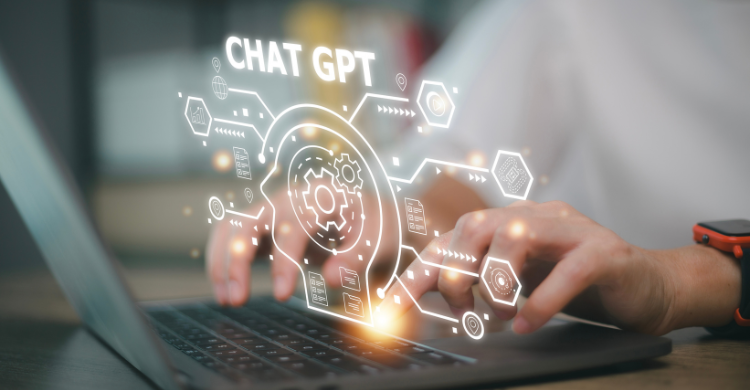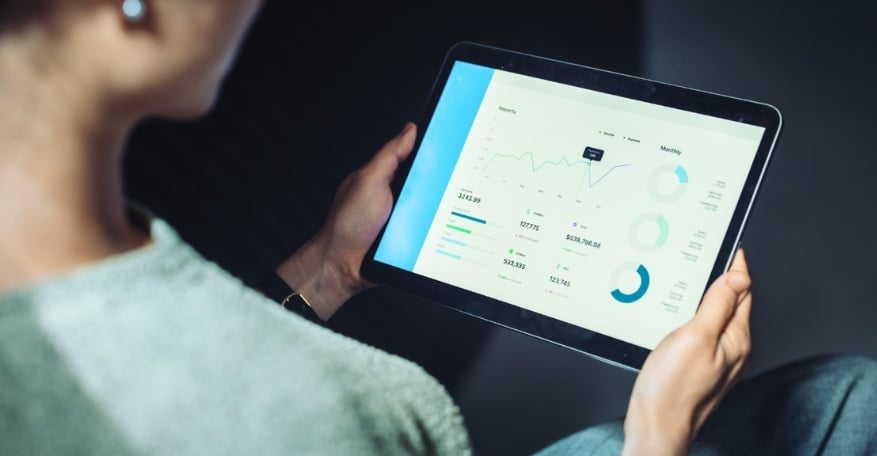Small Tradeshow Budget and Booth, Big Impact: 4 Ways to Improve ROI
In the whirlwind of a large-scale trade show, a 10×10 booth can easily fade into the background. These compact booths often get overlooked and lost...

Artificial Intelligence (AI) and Automation have become buzzwords in recent years, and for a valid reason. These advanced technologies are revolutionizing the way businesses approach their marketing strategies by enabling high levels of efficiency, increased personalization, and improved customer experiences. The marketing industry is now leveraging AI and Automation. We’ll explore the top 5 AI and Automation techniques that every marketer should be aware of.
The importance of AI and Automation in marketing can no longer be ignored. As technology evolves, organizations are under continuous pressure to optimize their marketing efforts and keep up with changing consumer behavior. AI and Automation provide a wide range of benefits to businesses, such as cost reduction, better decision-making, and quick customer responses.
But adopting these new technologies isn't always smooth sailing. Challenges that businesses face include integrating AI systems with existing marketing tools, lack of skilled professionals, and navigating data privacy issues. Businesses that overcome these hurdles are embracing AI and Automation in their marketing strategies effectively.
AI-powered content creation tools such as ChatGPT and Jasper help businesses generate industry-relevant, personalized, and high-quality content for everything from blog posts to ad copy. They can be great tools for re-wording text and for pulling in research for your writing. But you should use caution to rely only on an AI tool as the writing can be slightly off in tone and can get some things wrong. It also won’t reflect your company tone, point of view, norms, and values. Save AI for proofreading--there is no substitute for original thought, and search engines will recognize and penalize AI-generated content in the very near term.
AI-driven design tools such as Adobe Sensei, Canva, and OpenAI’s, DALL-E2, help marketers in creating visuals that fit their brand standards. These tools leverage AI algorithms to study user preferences and produce designs that reflect a brand's identity while also offering editing capabilities to remove and add elements to meet your expectations. Look to the details with caution--AI generated design can lean decidedly Salvador Dali than realistic.
Video has become a key component of current marketing strategies, and AI offers video editing solutions such as Descript. Creating video captions, dubbing voiceovers, and transcribing videos has never been easier and also helpful to marketers working with camera-shy clients!
Tools like Trello and Notion are essential for increased productivity and streamlined work processes. These software solutions allow teams to collaborate seamlessly, track their tasks efficiently, and stay on top of deadlines with automation allowing for businesses to focus more on the important aspects of their work.
Tools like HubSpot are providing efficient solutions for automation, including email nurtures, chatbots, and sales-to-service handoff. This allows businesses to optimize their workflows and save time and resources that would have otherwise been spent on manual tasks. There are also uses in data and trend analysis.
One of the main challenges with AI is ensuring that we ask the right questions. Unlike humans, who can interpret the context, AI algorithms and models work based on what they have been trained on. This means that if we feed them biased or incomplete data, the resulting outputs will also be biased or incomplete. You can’t fully rely on AI to do 100% of the work for you – it’s just a different style of thinking. AI can be especially off-kilter in niche technology industries.
The use of artificial intelligence in the creation of content raises questions about intellectual property (IP) and copyright law. One concern is that AI-generated content may include copyrighted material that has not been licensed for use. Additionally, the question of who owns the copyright of content created by AI is a matter of debate. In the United States, there is currently no copyright protection for works generated by machines.
The potential for misuse is real, especially with voice and video, so be cautious and always make sure you have full permission to use anyone’s voice or likeness. The Adobe-led Content Authenticity Initiative is trying to address some of these issues.
Allow us to help you navigate these new digital waters. We have the experience to balance human strategic and creative thought with AI and automation's efficiencies.. Let us guide you through the whole process – work with us!

In the whirlwind of a large-scale trade show, a 10×10 booth can easily fade into the background. These compact booths often get overlooked and lost...

Featuring insights from Starlet Smith, Lead Agile Coach at Alliant Energy Product development cycles are lengthening, increasing the risk of missing...

We work with B2B leaders every day who have extensive marketing data, but don't know what to make of it. It's hard to know you're on track to meet...